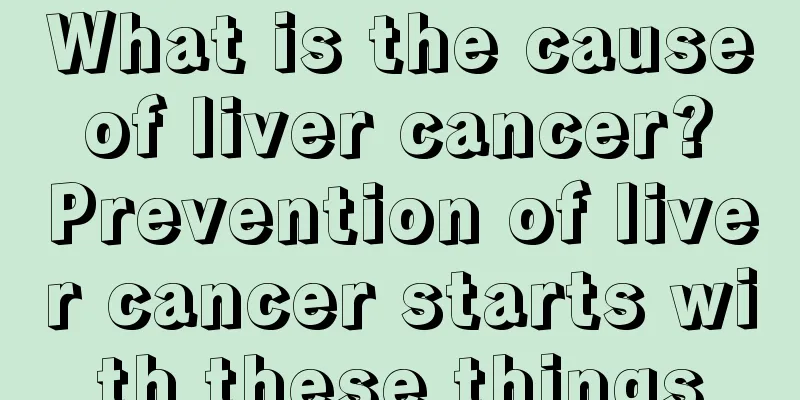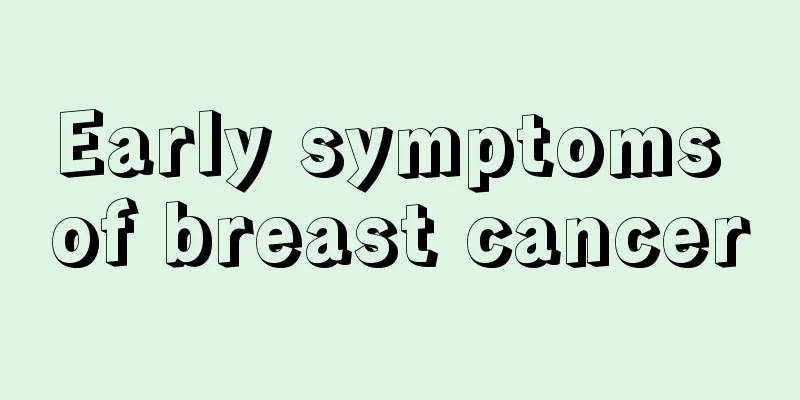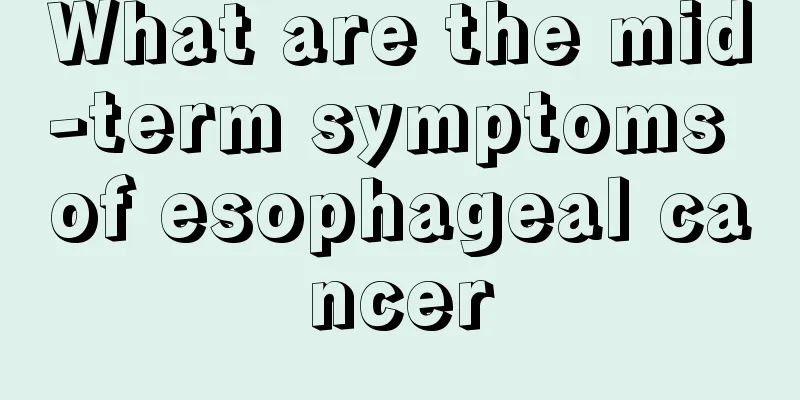I have pain in the right side of my chest when I wake up in the morning

|
Costochondritis is a common disease in life. When the disease occurs, the patient will feel pain in the right chest. This is a local pain and is accompanied by a certain degree of swelling. In general, most patients with costochondritis are middle-aged adults. Although some elderly people sometimes get sick, the chance of getting sick is relatively small. The pain in the right side of the chest when you wake up in the morning is probably caused by costochondritis, muscle and ligament pain, cold, etc. Costochondritis is also known as painful non-suppurative swelling of the costal cartilage, sternal cartilage pain, and chondrosis. It is divided into nonspecific costochondritis and infectious costochondritis. The most common clinical condition is nonspecific costochondritis, which accounts for more than 95% of outpatient visits. It is a nonspecific, non-suppurative inflammation of the costal cartilage. It is a non-suppurative costochondritis inflammatory lesion that occurs at the junction of the costal cartilage and the sternum for unknown reasons. It manifests as a self-limiting disease with localized pain and swelling. Causes of costochondritis 1. Nonspecific costochondritis The cause is still unclear, but the possible causes are as follows: (1) Viral infection. Many cases reported a history of viral upper respiratory tract infection before the onset of the disease. (2) Chronic strain of the sternocostal joint ligaments. (3) Immune or endocrine abnormalities cause costal cartilage nutritional disorders. (4) Other causes may be related to tuberculosis, general malnutrition, acute bacterial upper respiratory tract infection, rheumatoid arthritis, sternocostal joint subluxation, chest impact injury, severe coughing and other injuries. 2. Infectious costochondritis Primary infection is relatively rare and is usually transmitted through the bloodstream. The causative bacteria are often Mycobacterium tuberculosis, Salmonella typhi or Salmonella paratyphi. Chondritis caused by infection after thoracic surgery is more common, and its causative bacteria are mainly purulent bacteria and fungi. Costochondritis Treatment 1. Nonspecific costochondritis (1) Costochondritis is generally treated only symptomatically, such as taking analgesics, hot compresses, physical therapy, or local blockade with procaine. Systemic or topical administration of corticosteroids may also help relieve symptoms. Erythromycin and morphine can be taken in the acute phase. Give antiviral drugs such as Virulin. Alternatively, you can use hormones such as prednisone or dexamethasone. For those with severe pain, 5 ml of lidocaine plus dexamethasone can be directly injected into the painful area, and local blockade can be performed with novocaine and prednisolone. (2) If the pain fails to be relieved by long-term drug treatment, affects the patient's mood and work, or local malignant tumors cannot be ruled out, costal cartilage resection may be considered. 2. Infectious costochondritis Perform conservative treatment first, use targeted antibiotics to effectively control infection and provide symptomatic analgesia. When the above methods are ineffective, surgical treatment is required. |
<<: How to solve chest tightness and toothache
>>: I got an anti-inflammatory injection after hurting my foot
Recommend
Ten ways to relax after get off work to relieve work stress
Sleeping late at night, not getting up in the mor...
How to treat frequent multifocal ventricular premature beats?
Frequent multi-source ventricular premature beats...
Is it poisonous to eat blanched bamboo shoots?
Bamboo shoots taste delicious and are a nutritiou...
What are the histological classifications of lung cancer?
Do you know the histological classification of lu...
If you have breast cancer, you may have a painless swelling
If you have breast cancer, you may have painless ...
What to do if you have diarrhea after eating too much greasy food
Eating too greasy food will have adverse effects ...
My waist feels like it's falling, what's going on?
The waist is the most critical and important part...
What is the cause of Guillain-Barré syndrome
Guillain-Barré syndrome is very common in clinica...
There is occult blood in the urine test, what's going on?
Many people find occult blood during urine tests....
What specific organs are on the right side of the lower abdomen?
People often don't know the exact location of...
How to make spiced pork jerky better?
In today's life, people's living standard...
Will thyroid cancer relapse after partial resection? The recurrence rate of partial resection of thyroid cancer is generally high
Will thyroid cancer recur after partial resection...
What is gastric bypass surgery
The stomach is the dominant system in the human d...
Prostate fluid examination prostate cancer what is the diagnosis method of prostate cancer
Prostate cancer is the most terrifying disease fo...
Is it okay to sit down after eating?
Normally, after finishing our meals, we will sit ...









